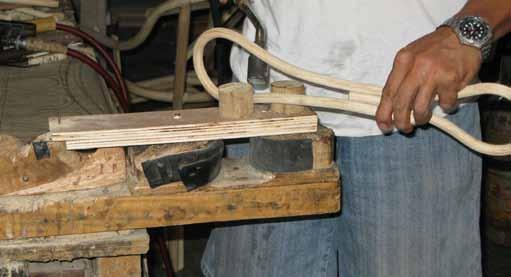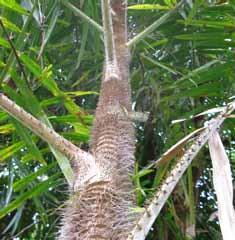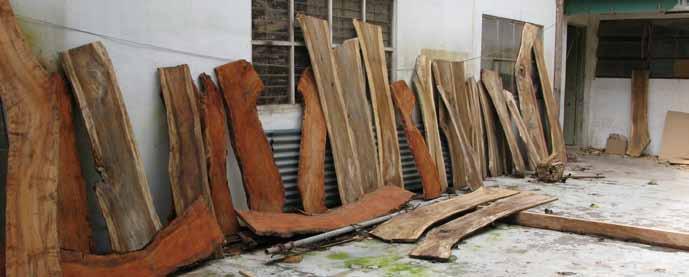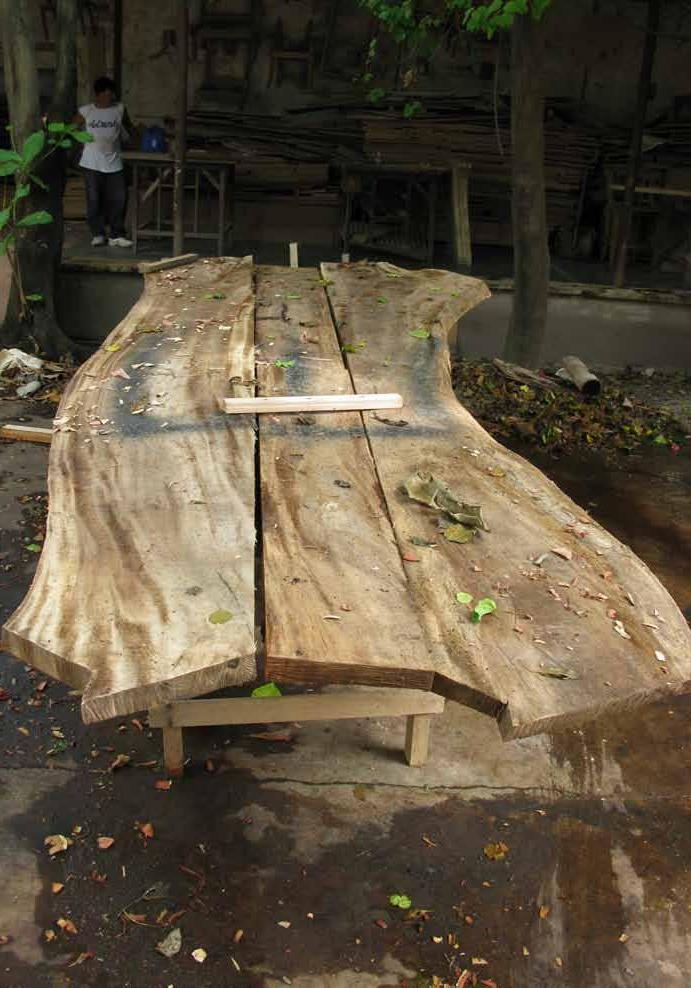Enablers and Supporters of the Plantation Wood Value Chain
Enablers and Supporters The DENR This national government agency plays many very important and varied functions in the plantation wood value chain. Its influence on the value chain cuts across many functions and ranges from provision of land and support for plantation development, formulation and implementation of harvesting policies to the imposition of forest charges, the provision of financial, logistics, and technical assistance up to “linking” or brokering with potential buyers and even the control and regulation of transport conveyances, markets, and/or destinations of products. Academe The academe, particularly the Visayas State University (VSU, formerly the Leyte State University), in Visca, Baybay, Leyte has been a major player in helping upgrade the plantation wood value chain in Leyte, particularly those supplied by smallholder tree farmers. About 80% of these farmers own the tree farms while the rest are tenants. Through a project funded by the Australian Centre for International Agricultural Research (ACIAR), VSU implemented an extension research program that resulted in the publication of a tree registration manual which provided farmers with information on the requirements and procedures for tree registration. Current research focuses on setting standards for tree nurseries, which had been identified as a bottleneck that has limited the quality of trees produced in small-holder plantations. GIZ also supported the rainforestation project, which was implemented with private land owners who planted indigenous tree species in their farms. The Philippine National Oil Company (PNOC) This company operates a geothermal power plant in Leyte, assists POs within forestlands under its jurisdiction over a range of activities from provision of seedlings, establishment of nurseries and plantations, preparation of Community Resource Management Framework (CRMF), Annual Work Plans (AWP), and RUP and the documents associated with these requirements, in enterprise and organizational management, and in the identification of livelihood opportunities for community members. PNOC had adopted a multiple-use approach in managing its forest resources, which is evident in the presence of abaca and other agricultural crops and livestock resources, along with rattan and timber resources inside its forests. NGOs such as FCI and development organizations such as GIZ likewise provide support to POs in their plantation development and in livelihood generation. The Department of Trade and Industry (DTI) This is the government agency mandated to promote entrepreneurship in the country. It can assist in product promotion, market identification, linking with buyers, and provision of training on various aspects of enterprise operation and management. BAHANDI, an organization composed of handicraft and local delicacy producers in Eastern Visayas, provides, with the support of DTI, GIZ and CIM, opportunities for its members to participate in trade fairs, publishes brochures about the members’ products and contact information, and maintains a website that links the members with potential customers in the outside world. Although DTI has launched the “One Town, One Product” (OTOP) program in collaboration with LGUs,
Plantation Wood, Rattan and Bamboo in Leyte Island | Value Chains to benefit income generation of forest farmers
15





